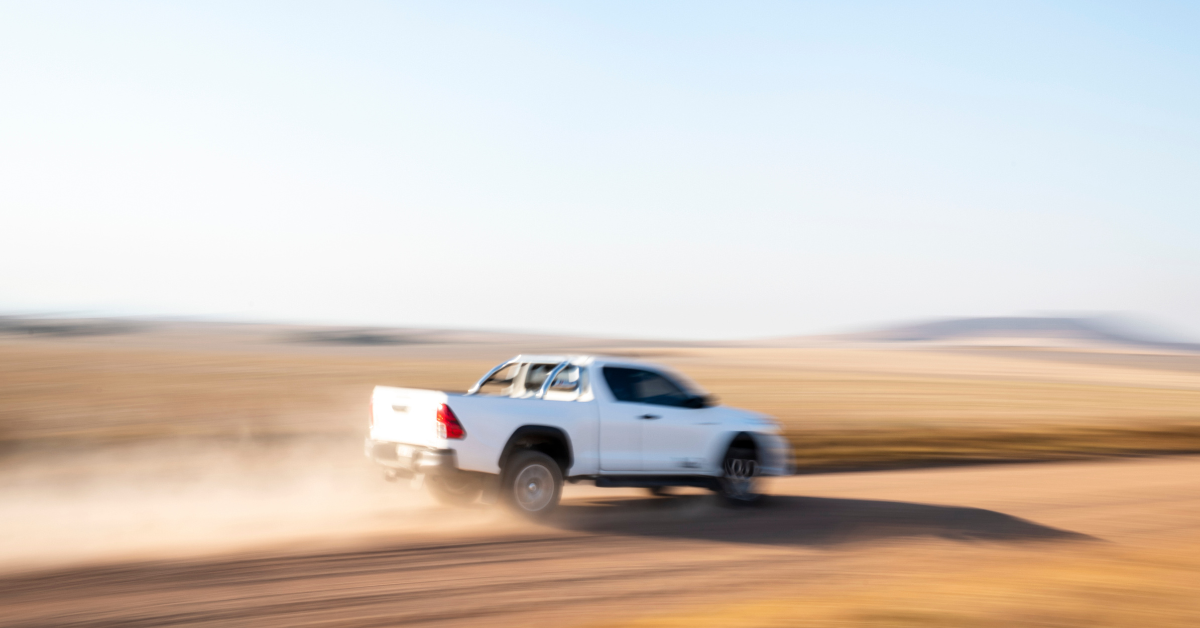The Toyota Hilux is known for its toughness and off-road capabilities, but how does it really feel to drive in everyday use? This article explains how ride comfort differs between short urban drives and long-distance cruising, highlighting both the vehicle’s strengths and what to look out for.
What Kind of Vehicle Is the Hilux?
A Tough and Trusted Pickup Truck
The Hilux is a pickup truck with a reputation for durability and rugged performance. Its ladder frame body, high ground clearance, and 4WD features make it ideal for outdoor use and hauling heavy loads. In recent years, its bold design and presence have also made it popular among lifestyle-oriented drivers.
Ride Comfort During Short Trips
Urban Driving and Stop-and-Go Conditions
In city driving and for short distances, the Hilux shows the following characteristics:
- Acceleration and braking are smooth, making stop-and-go driving less stressful
- The suspension can feel stiff over small bumps or uneven roads
- The vehicle’s large size makes tight roads and parking a bit challenging
The Hilux is manageable in traffic, but you’ll need to get used to maneuvering in narrower spaces and keeping an eye on blind spots.
Ride Comfort on Long Drives
Stability and Comfort on Highways or Mountain Roads
When driving long distances, such as on highways or country roads, the Hilux shows its true strengths:
- Seats offer solid support, reducing fatigue even after hours of driving
- The vehicle remains stable at high speeds with minimal sway
- On rough terrain or hills, 4WD and traction systems provide reassurance
When loaded with cargo, the ride often becomes smoother, improving comfort over long hauls.
Comparison Table: Short vs. Long Drives
| Driving Scenario | Comfort Features | Things to Watch Out For |
|---|---|---|
| Short Trips | Smooth start/stop, good driver visibility | Can feel bumpy, tough to park |
| Long Trips | Stable ride, supportive seating | Fuel efficiency, empty bed bounce |
Why the Hilux Feels Comfortable and Where It Falls Short
What Makes It Comfortable
- The seats strike a good balance between firmness and support
- The high-rigidity frame helps absorb road vibrations
- Drive mode settings and traction control optimize handling by road condition
Limitations to Keep in Mind
- Light loads can make the ride feel rough on poor road surfaces
- Larger size makes it harder to handle in tight urban areas
- Engine noise and vibration from the diesel may bother some drivers
Who Is the Hilux Best Suited For?
The Right Match Depends on Your Driving Style
The Hilux is best suited for the following users:
- Those who regularly take long trips and value stable driving
- People who use their vehicle for outdoor activities or transporting equipment
- Drivers who prefer a unique, tough-looking truck over a typical SUV
However, it may not be ideal for:
- People who mostly drive in urban areas or tight parking spaces
- Those who want soft suspension and a smooth car-like ride
- Drivers who are highly focused on fuel economy and maintenance cost
Conclusion
The Toyota Hilux offers a comfortable ride on long trips with stable handling and low fatigue. In short trips, it’s a bit stiffer and requires practice with its large size. But for those who value capability, reliability, and presence, the Hilux proves to be a dependable choice.
Consider your driving habits and lifestyle carefully to decide if the Hilux is the right fit for you.






